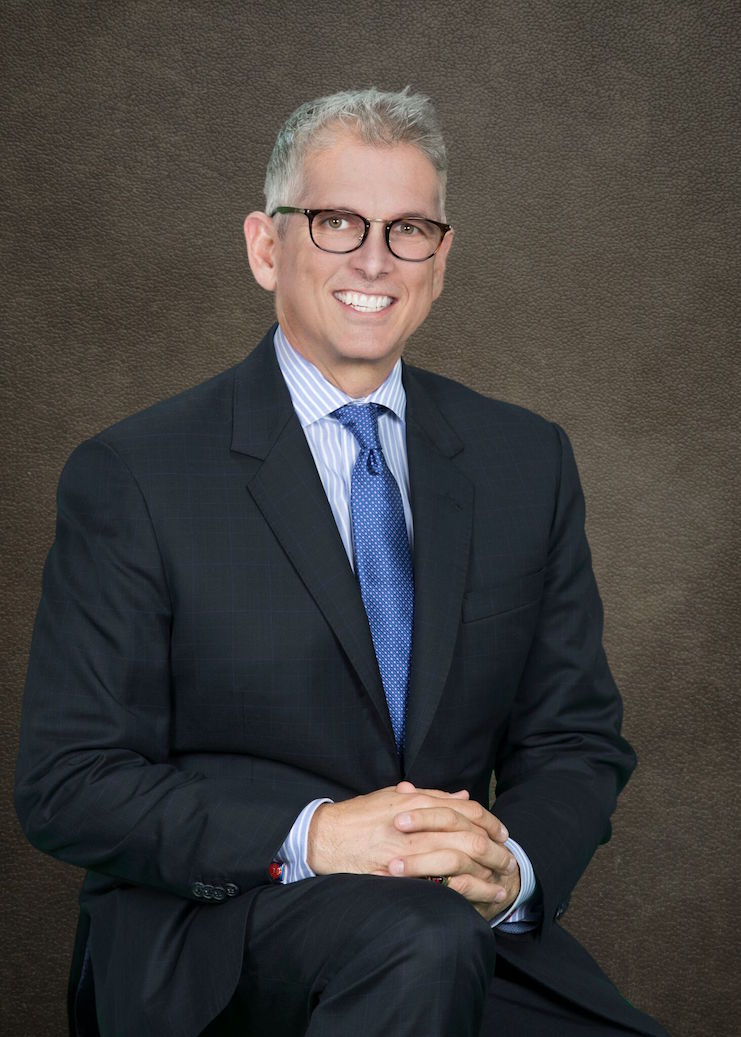 Extended stay is a growing segment in the hotel industry, and many believe its profits will stay steady during a potential downturn. And for the past two years, Extended Stay America (ESA) has been franchising its properties after being singularly owned for 25 years. Jim Alderman, chief development officer and executive vice president for ESA, spoke with LODGING about the company’s growth and how the segment can plan for a downturn.
Extended stay is a growing segment in the hotel industry, and many believe its profits will stay steady during a potential downturn. And for the past two years, Extended Stay America (ESA) has been franchising its properties after being singularly owned for 25 years. Jim Alderman, chief development officer and executive vice president for ESA, spoke with LODGING about the company’s growth and how the segment can plan for a downturn.
You have to make sure you have a portfolio that represents your brand and gives you room to grow because the market is so saturated. How are you growing since franchising?
We leave room in the portfolio to grow. That’s a key factor for our success. It makes us attractive when a customer is looking to buy. Our strategy is to sell about 150 hotels. We’ve sold about 76 and we hope to sell another 30 to 50 this year. We had good multiples last time around, and that introduces more people to ESA.
ESA has been singularly owned for most of its lifespan. When did you begin franchising and are franchisees satisfied with your transactions?
We’ve been franchising for two years with increased pace for the past 18 months. It’s been just us for 25 years, and now there are four different groups running our properties. The new franchisors are happy with their purchases and have signed more deals with us. Organic growth is coming faster than we’re anticipating, and we’re building out our franchise services. Like a spider web, it’s thin and strong, and we know how and when our franchisees will need our services.
ESA has a unique place in the industry—you’re extended stay, which is currently a huge segment, but your attention isn’t spread over multiple brands. How is that working to your advantage?
The bread and butter of the extended stay segment is the seven-day-plus to 30-day-plus business. Our 25 years of experience gives us a natural edge that sets us apart. If sales slow, we can dial in our occupancy. If we want to fill up, we’re playing a rate game. When times get tough, we can still own the segment by dropping our rate. Once people are invested in our properties, our rates can go back up.

As a newly franchised business, what have you learned from watching other hotel brands and companies?
We’re not chasing scale. We’re chasing unfulfilled distribution. Our company’s predecessors developed the brand out, but there are places where they stopped. There are places we need to replace the product. We’re a single-brand focus, but that doesn’t mean we can’t explore something new with extended stay, but we won’t do a different business type. Our focus will remain solid.
Your general brand standards are broad enough that owners can do what makes sense for their properties. And when everyone is concerned about a downturn, that gives ESA some cushion to fall back on.
The good times usually take care of themselves. You can’t be laissez-faire about it. At some point, hotels companies are chasing stability. When markets are great, we’re chasing pricing and making money, but resiliency in the model is key. In fact, we’ve had properties convert to an ESA, and if they have a pantry, they can continue to run it. In some hotels we have a whole breakfast room, wherein others we barely have room for breakfast. Places and formats are different, but we’re shrinking the number of assets we concentrate on to maximize the goal of selling and replacing others.











